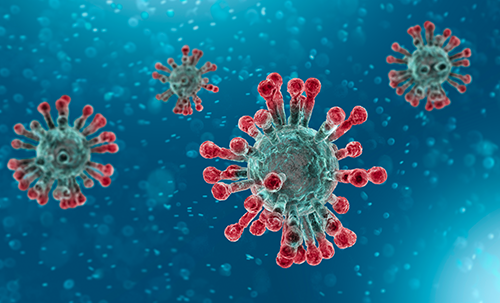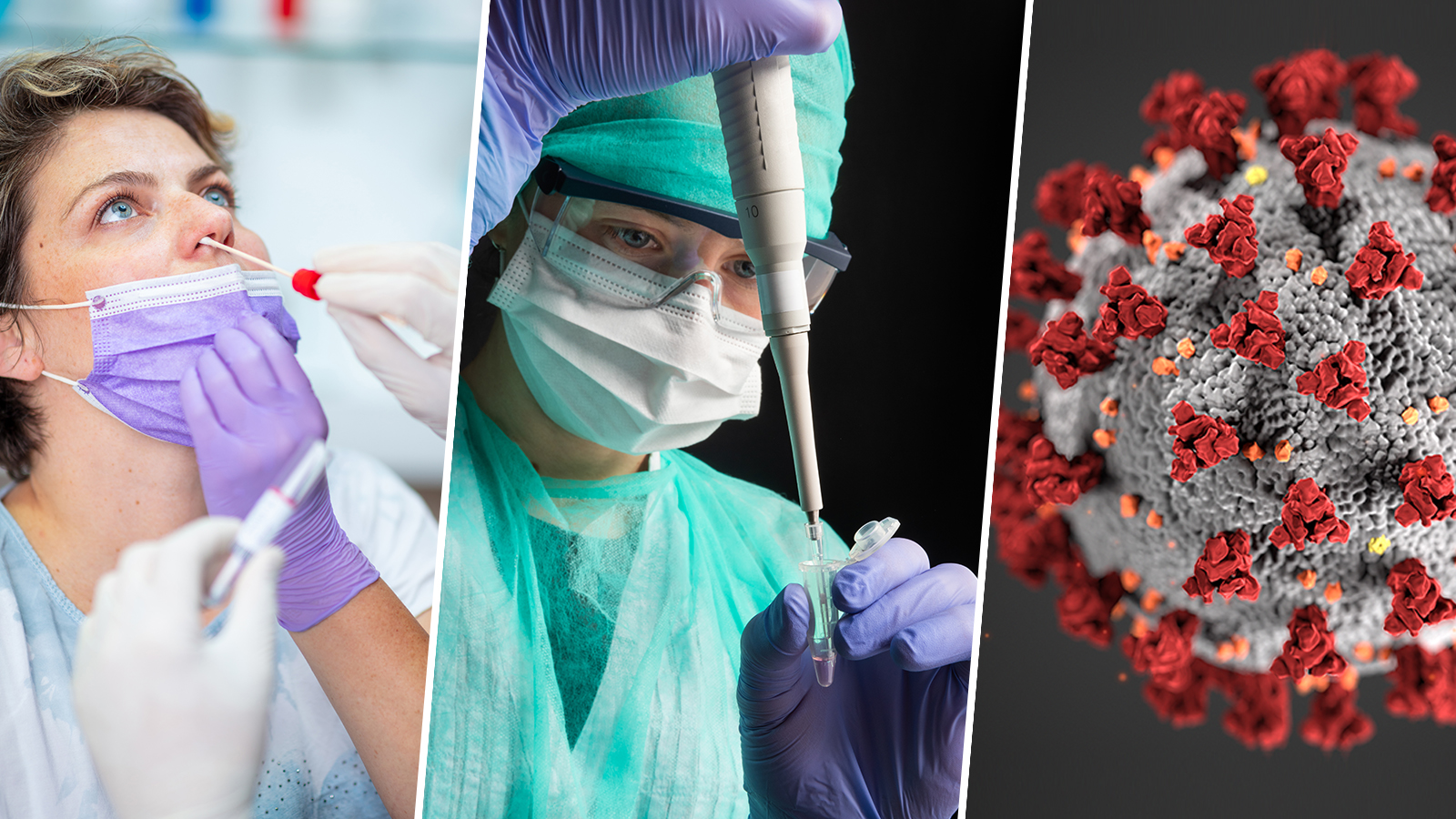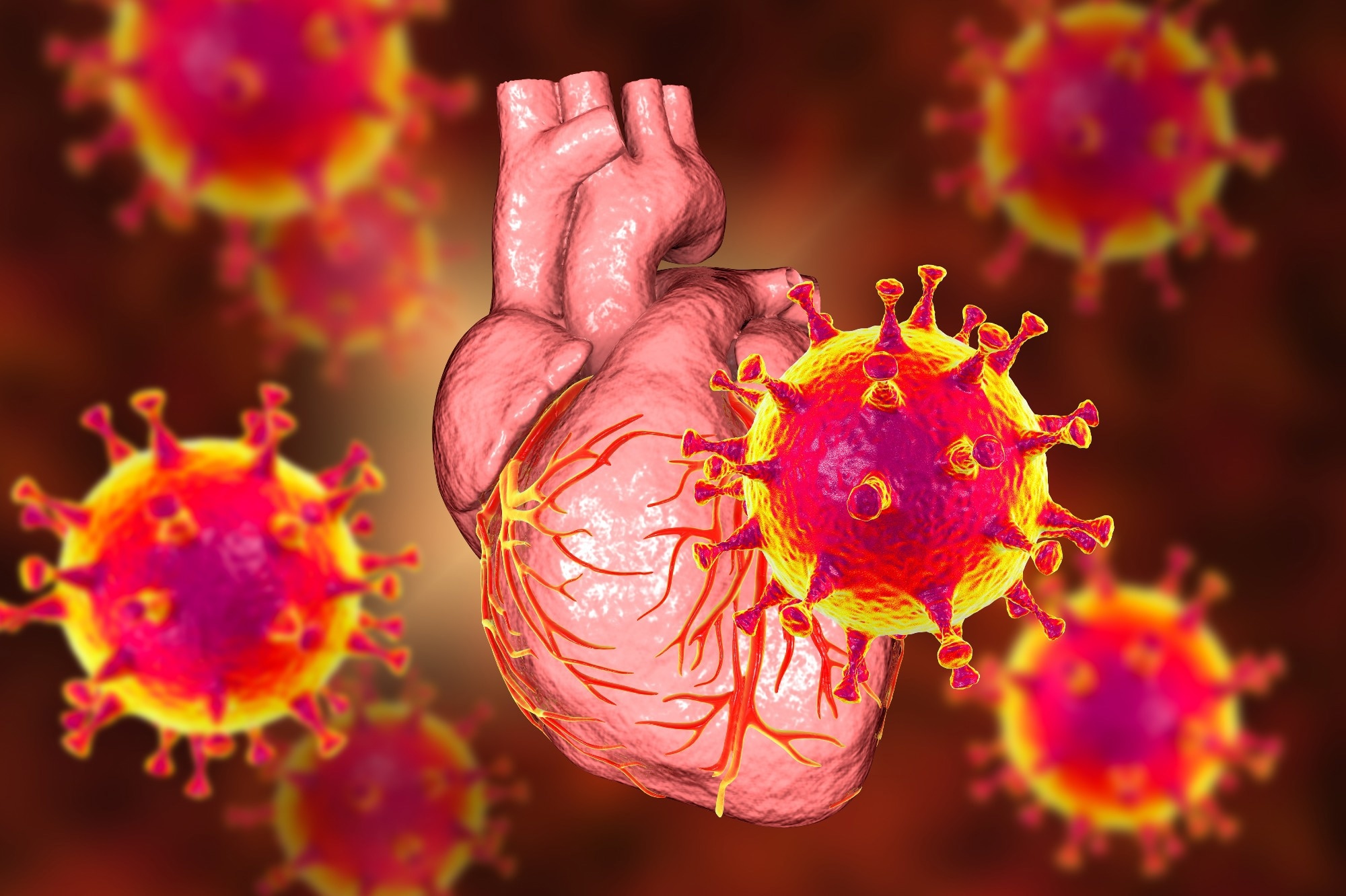The new coronavirus illness COVID-19, which first appeared in Wuhan, China, in December 2019, quickly spread over the globe and became a pandemic. That surprised us and had an unexpectedly large influence on our lives. The COVID-19 epidemic has posed a number of challenges for us, affecting our economics, mental health, and healthcare systems. In this post, we will examine COVID-19, its effects, and possible solutions.
The new coronavirus, also known as COVID-19, is a highly infectious virus that has swept the globe. The worldwide epidemic started in Wuhan, China, in late 2019 and has since spread to every continent. Almost 480 million confirmed cases and 6 million fatalities had been reported as of this writing.
Respiratory droplets and intimate contact with an infected individual are the main ways that the virus is transmitted. Although the majority of patients only have mild to moderate symptoms, some might encounter serious side effects including pneumonia, acute respiratory distress syndrome (ARDS), and even death. We will talk about the virus, its effects, and how you can stay safe in this post.
The Catch
Every element of our life has been impacted by COVID-19's unparalleled disruption of the global economy. When the virus first appeared, everything changed, including the way we work and communicate with one another. Understanding the virus, its effects, and how to protect oneself are more crucial than ever since new variations are always appearing.
Recognizing COVID-19
The SARS-CoV-2 virus, a member of the coronavirus family, is what causes COVID-19. The group of viruses known as noroviruses is capable of causing respiratory conditions including the common cold and severe acute respiratory syndrome (SARS). When an infected person coughs, sneezes, speaks, or breathes, COVID-19 spreads by respiratory droplets and is more infectious than the flu.
Fever, coughing, shortness of breath, exhaustion, body pains, and a loss of taste or smell are some of the signs of COVID-19. A sore throat, headache, congestion, nausea, or diarrhea are other potential side effects. Although the majority of people recover from COVID-19 without any consequences, some individuals, particularly the elderly or those with underlying medical disorders, may have severe sickness.
Affected by COVID-19
The COVID-19 epidemic has had a profound effect on the global economy and social climate. To stop the virus from spreading, governments have enforced lockdowns and limitations on travel, commerce, and social gatherings. These actions have caused job losses, company closures, and a slowdown in the global economy.
The epidemic has also had an impact on mental health, with many individuals now feeling social withdrawal, anxiety, and despair. Remote learning has required schools and universities to adapt, which has presented both students and teachers with a unique set of difficulties.
Defending Yourself From COVID-19
You may safeguard both yourself and others against COVID-19 in a number of ways. The best strategy is to have a vaccination against the virus. It has been shown that vaccines are both safe and efficient in avoiding COVID-19-related severe illness and hospitalization.
You may take other safety measures in addition to being vaccinated, such as using a mask, often washing your hands, and engaging in social seclusion. If you're feeling under the weather, stay in and keep to yourself. It's crucial to abide by the advice and suggestions of local public health professionals.
FAQs
How long do symptoms take to manifest following COVID-19 exposure?
A: After being exposed to the virus, symptoms may take two to fourteen days to manifest.
Is COVID-19 capable of spreading through surfaces?
A: Touching your mouth, nose, or eyes after contacting a contaminated surface increases your risk of catching COVID-19. Yet, the main means of transmission are respiratory droplets.
Are kids susceptible to COVID-19?
A: While children may get COVID-19, they are less likely than adults to have a serious disease.
A: Can COVID-19 survivors get the disease again?
A: It is possible to get COVID-19 again, although the risk is lower than it was after the original infection, and immunization may help minimize the risk.
Conclusion
Understanding COVID-19, its effects, and how to defend oneself are crucial given how drastically it has altered the world. While the epidemic is far from ending, there is still optimism that it may be contained via vaccination and other safety measures. Remember to take care of yourself and the people around you, be educated, and abide by public health regulations.



